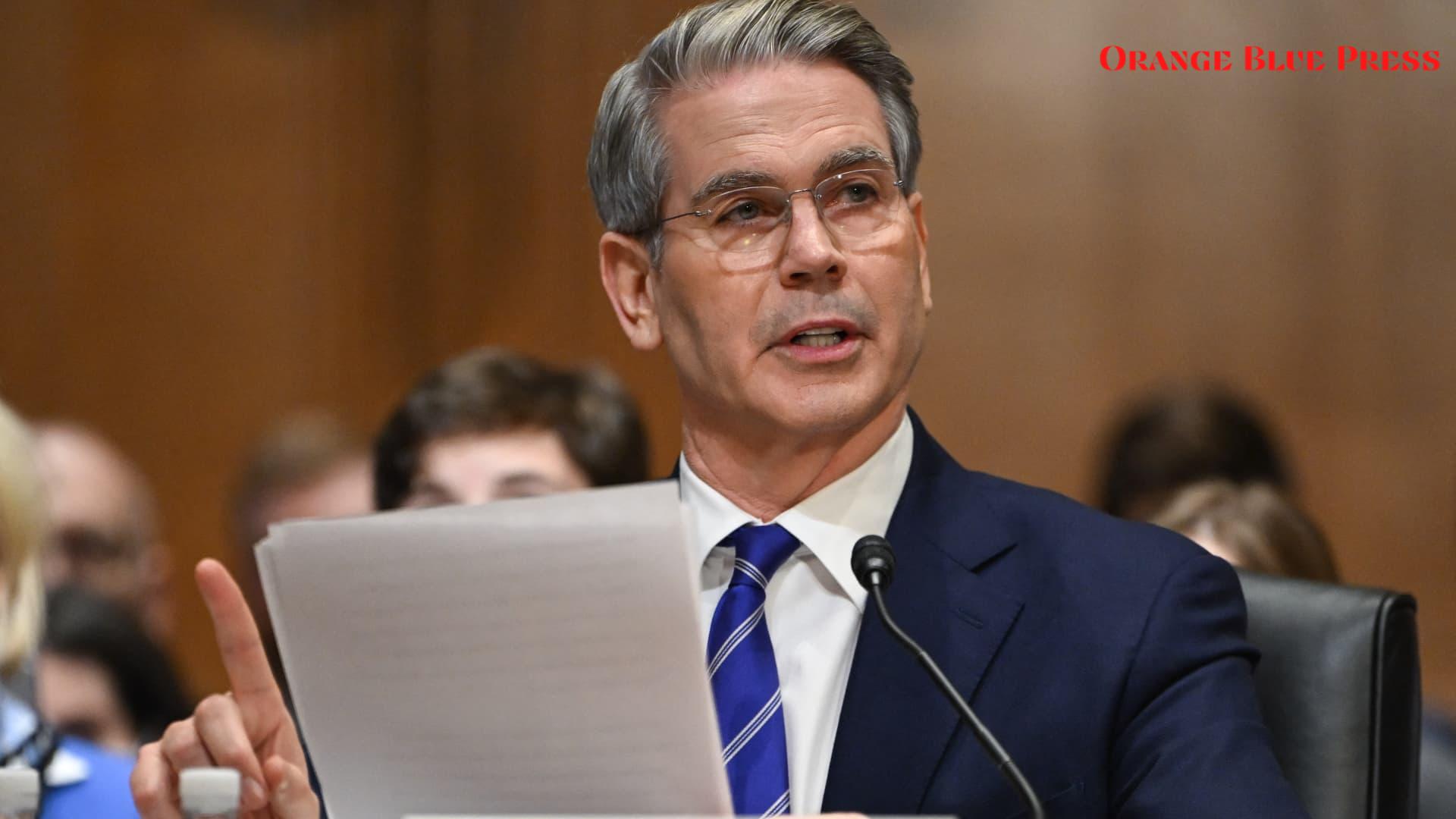In a critical Senate confirmation hearing, Scott Bessent, President Trump’s nominee for a Cabinet position, faced a barrage of questions regarding his views on the nation’s spending and debt issues. Bessent, a billionaire investor, has raised eyebrows with his comments on the staggering deficit which has recently surged to $710.9 billion in just three months of fiscal year 2025. His testimony highlighted his concerns about what he calls an out-of-control spending problem rather than a revenue shortfall.
Skyrocketing Deficits Spark Concern
During the hearing, Bessent painted a troubling picture of U.S. government finances. He pointed out that the rapid increase in financing costs, along with higher governmental spending and diminishing tax revenues, has led to an alarming rise in the deficit. This surge of $200 billion, which marks a 39.4% increase compared to the same period last year, is unprecedented for a non-recession year and has prompted serious questions about the fiscal health of the country.
Politics and Public Spending
Bessent also linked his political activity to these fiscal concerns, expressing his worries about the implications of unchecked government spending. He asserted that the U.S. does not have a revenue problem; instead, it faces a serious challenge with how much money it chooses to spend. This viewpoint aligns with a growing sentiment among some politicians who believe that reform is necessary to bring the budget back under control.
Debt Ceiling Debate
Another point of contention during the hearing was the issue of the national debt ceiling. Bessent was hesitant to confirm whether he would support efforts to eliminate the debt ceiling, despite President Trump suggesting it in his previous comments. Senator Elizabeth Warren, who supports eliminating the ceiling, argues that doing so could help mitigate economic risks and prevent the potential for political exploitation of fiscal policy. Such divisions are crucial as they underscore how different political perspectives shape discussions on the nation’s financial strategies.
The Background on Bessent
As a prominent figure in investment, Scott Bessent brings a wealth of experience to the table, but his views have consistently drawn scrutiny, particularly from Democrats. With concerns swirling about his tax history and financial practices, the Senate was keen to examine his qualifications and intentions closely. As the confirmation process unfolds, Bessent will need to reassure lawmakers that he has a plan to address the mounting fiscal challenges facing the country.
Public Reactions and Implications
The reaction from the public and financial analysts has been mixed. Many are concerned about the implications of Bessent’s confirmation on future fiscal policies, especially if he takes a hardline approach to spending cuts without addressing the programs that aid the most vulnerable citizens. Critics fear that a focus solely on deficits could lead to significant cuts in essential services.
What’s Next for Scott Bessent?
Moving forward, the Senate will continue deliberating on Bessent’s nomination. His ability to navigate these complex fiscal issues and articulate a clear vision will be crucial if he hopes to win over skeptics. As the hearing progresses, eyes are on whether he can bridge the gap between different political views while advocating for responsible fiscal management.




















